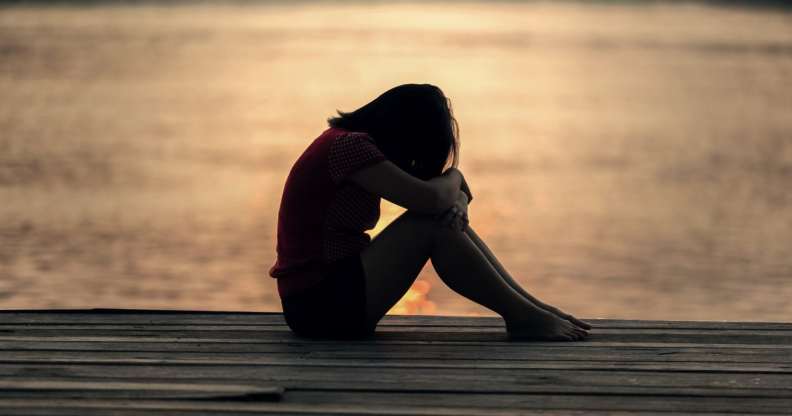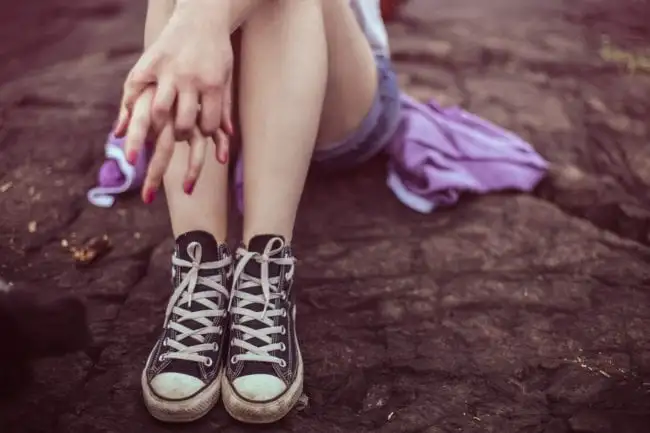Nearly half of queer 14-year-olds in the UK ‘have self-harmed’

A new report on mental health of teenagers aged around 14 years in the UK has found that a higher number of queer young people has practiced self-harm compared to straight peers.
The Good Childhood Report 2018 by the Children’s Society, in partnership with the University of York, used data from the Millennium Cohort Study (MCS) collected in 2015 from around 11,000 respondents to explore the mental wellbeing of 14 year olds.
It found that one in five 14-year-old girls have self-harmed in the year prior to the survey compared to 9 percent of boys, which the Children’s Society estimated to be equivalent to 76,000 girls and 33,000 boys across the UK, the BBC reported.
The percentage of teenagers who have practiced self-harm however reached 46 percent when considering respondents who are attracted to the same or both genders—a finding that researchers described as “deeply worrying.”
“Analysis of the Millennium Cohort Study revealed that children aged 14 who said they were attracted to the same or both genders had markedly lower subjective well-being—and a much higher likelihood of depressive symptoms—than children who are attracted to the opposite or neither gender,” the report read.
“The finding […] is deeply worrying. Children should not be expected just to ‘brush off’ criticism that is related to being different. This does not need to be part of growing up,” it added.

(Pexels)
The study showed that gender stereotypes negatively affect teenager’s mental health. “Children with friendship groups that value girls having nice clothes and boys being tough had lower well-being. Children from low income households were also found to be more are risk of self-harming.
“Solving this problem through policy change will not be straightforward, but our long term well-being trends demonstrate that the status quo is not inevitable,” the researchers wrote.
The Children’s Society called on all secondary schools to offer counselling services—a provision that, they estimated, would cost £90 millionand undergo an Ofsted inspection of their mental health provision.
The report findings are consistent with other research on self-harming and mental wellbeing among teens and LGBT+ youth.
NHS data from the past few years show an increase in the number of young people admitted to the hospital for self-harm. Figures released in August showed that the number of girls under the age of 18 who needed hospital treatment for self-harm nearly doubled in the past 20 years, from 7,327 in 1997 to 13,463 in 2017.
A study carried out in the North Yorkshire in 2015 found that more than half of the girls identifying as LGBT+ had self-harmed and 41% of the LGBT+ respondents—who represented 15% of the 20,000 schoolchildren surveyed—had experienced bullying.
As for transgender schoolchildren, the statistics on self-harm increase to four in five people, according to Stonewall’s School Report 2017, with nearly half reporting trying to take their own lives.

